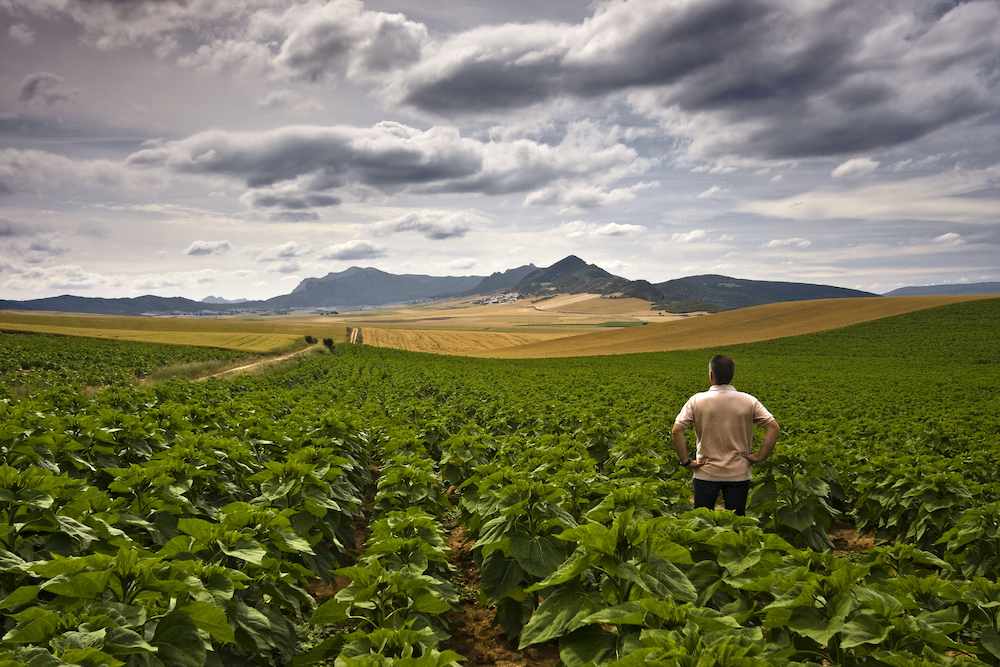The Packaging Pitch: if processed fruit is out, is fresh in?

By Fresh Produce Marketing founder Lisa Cork
 Every now and then a gem appears in the Google groups I follow; a blog post or a report so interesting and so compelling, it stops me in my tracks. This month I was sent a copy of Todd Runestad’s New Hope 360 Blog titled "Processed foods are so 20th century". I strongly encourage you to read it in full here.
Every now and then a gem appears in the Google groups I follow; a blog post or a report so interesting and so compelling, it stops me in my tracks. This month I was sent a copy of Todd Runestad’s New Hope 360 Blog titled "Processed foods are so 20th century". I strongly encourage you to read it in full here.
For the past 20 years, processed food products have been the nemesis of fresh produce. Engineered in a lab and supported by global multinationals with millions of dollars to spend on creating, packaging and advertizing them, they stole 'share of stomach' away from fresh produce with their ease, convenience and shopper-focused approach. Created using artificial ingredients, saturated fats, sugar and other nasties like high fructose corn syrup, they were the antithesis of fresh, but they tasted good, made life easier in the kitchen or on the run and they got traction with consumers who were seeking the value add.
Fast forward 20 years and western consumers, on a diet heavily laden with non-real food, are now fat, sick and wondering where in the heck it all went so horribly wrong. With the recent focus on obesity and the cause and effect of food, consumers are realizing it's time to change their ways. And they are starting to vote with their feet and with their dollars. As the blog noted, "The Food Marketing Institute conducted a consumer study and found that 55 percent agreed that America's approach to food production is on the wrong track." That's a big number and it has turned the processed food industry on its head.
The blog notes, "Dr. Andrew Weil, MD, summed up the sorry state of affairs vis a vis the modern food system and the modern suite of chronic degenerative diseases by saying, 'If I could summarize everything I know about nutrition in one sentence, it would be to stop eating refined, processed and manufactured foods. It's that simple.'" What is to be the replacement for the dietary gap left? "The new mantra is "'natural nutrient-dense whole foods.'"
I am sure I can hear each of you silently say, "Finally."
Fresh produce has been waiting decades for the 'share of stomach' competitive threat to reduce. We've been waiting for consumers to finally understand our mantra, "fresh is best" and actually embrace a diet rich in fruits and vegetables. They didn't need more proof fruit and veg was healthy - what they needed was confirmation processed foods were really unhealthy. It looks like our moment has arrived.
And while this is no doubt exciting, I challenge you to consider two things.
First, we in fresh produce now have have an amazing opportunity to use the emerging dietary gap to convert consumer interest in 'natural dense whole foods' into action; to use this opportunity to drive them to fresh produce. However, we have to realize these consumers are used to having their food needs and wants catered for. To truly capitalize on this opportunity, my advice is you need to rethink your product, branding and category strategy.
For example, I recently did a brand and category strategy overhaul for a vegetable company in New Zealand. Not only did the barriers to purchase get revealed in the process, but the growers were able to overcome the barriers, which meant they were able to sell more products for more dollars as a result of the strategy overhaul. In times of change, taking a step back and looking at your product, brand and category with fresh eyes can have real value.
 Second, we would be naïve if we believed multinational processors will give up their products' role in the diet without a fight. So the question is what will their future strategy look like? Will they continue to reformulate (the process has already started as this photo shows) and thereby be able to claim the new version is fresh, healthy and naturally nutrient dense? Will they invest in fresh? Is it possible we might see a Kraft or a Conagra investing in farms and in fresh food production in order to maintain their brand?
Second, we would be naïve if we believed multinational processors will give up their products' role in the diet without a fight. So the question is what will their future strategy look like? Will they continue to reformulate (the process has already started as this photo shows) and thereby be able to claim the new version is fresh, healthy and naturally nutrient dense? Will they invest in fresh? Is it possible we might see a Kraft or a Conagra investing in farms and in fresh food production in order to maintain their brand?
Why do we care? Reformulating will bring a new round of competitive "healthy"products to the table. And these new, fresh, healthy and nutrient dense products will have squillions of marketing dollars behind them. They will shout from the rooftops about their reinvention as a corporate responsible for feeding the world and their PR machines will work overtime to ensure consumers believe they are doing it for the good of the nation. The gap, that was temporarily available, will close and we will once again be left competing, underfunded, for share of stomach.
For the fresh produce industry, we have never had a better time to reinvent ourselves and how we present our truly 'natural nutrient-dense whole foods' to the masses. It could be there is share of stomach there for the taking if we respond quickly enough to the opportunity.







































